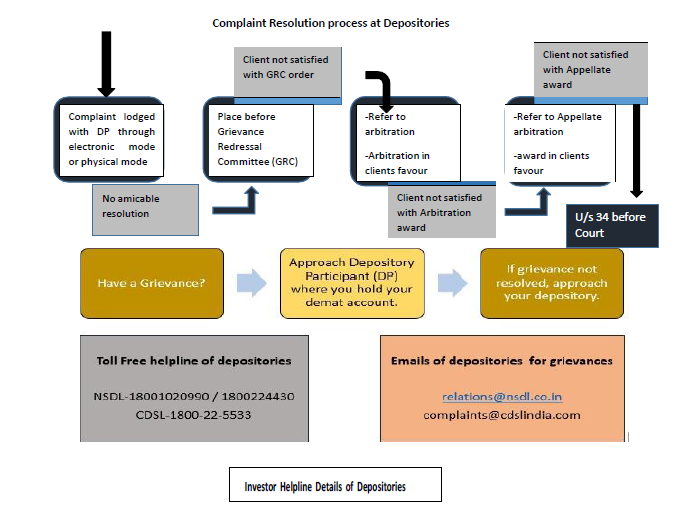Mutual Funds
We are a licensed mutual fund distributor. Our details with regards to this are as below:
AMFI Registration Number – ARN -255314
EUIN Registration Number – E476147
Validity – 18th October 2022 to 17-October 2025
What is a mutual fund?
A mutual fund is a pool of money managed by a professional Fund Manager. It is a trust that collects money from a number of investors who share a common investment objective and invests the same in equities, bonds, money market instruments and/or other securities. And the income / gains generated from this collective investment is distributed proportionately amongst the investors after deducting applicable expenses and levies, by calculating a scheme’s “Net Asset Value” or NAV. Simply put, the money pooled in by a large number of investors is what makes up a Mutual Fund. Benefits of investing in mutual funds include risk diversification, smaller capital outlay, investment expertise, economies of scale in transaction costs, variety of products, disciplined investing, variety of investment and objectives, liquidity, transparency, tax advantages.
Mutual Funds we are empaneled for distribution with are listed below
Quant Mutual Fund
SBI Mutual Fund
Aditya Birla Sun Life Mutual Fund
Axis Asset Management Co. Ltd.
HDFC Mutual Fund
UTI Mutual Fund
Nippon India Mutual Fund
LIC Mutual Fund
ICICI Prudential Mutual Fund
Edelweiss Mutual Fund
HSBC Mutual Fund
TATA Mutual Fund
IDFC Mutual Fund
PPFAS Mutual Fund
Mirae Asset Mutual Fund
Whiteoak Capita Asst Mutual Fund
Taurus Mutual Fund
IIFL Mutual Fund
Franklin Templeton Asset MGMT (I) Pvt Ltd
Samco Mutual Fund
NJ Asset Management Mutual Fund
Baroda BNP Paribas Mutual Fund
Trust Mutual Fund
Motilal Oswal Finance Services Mutual Fund




